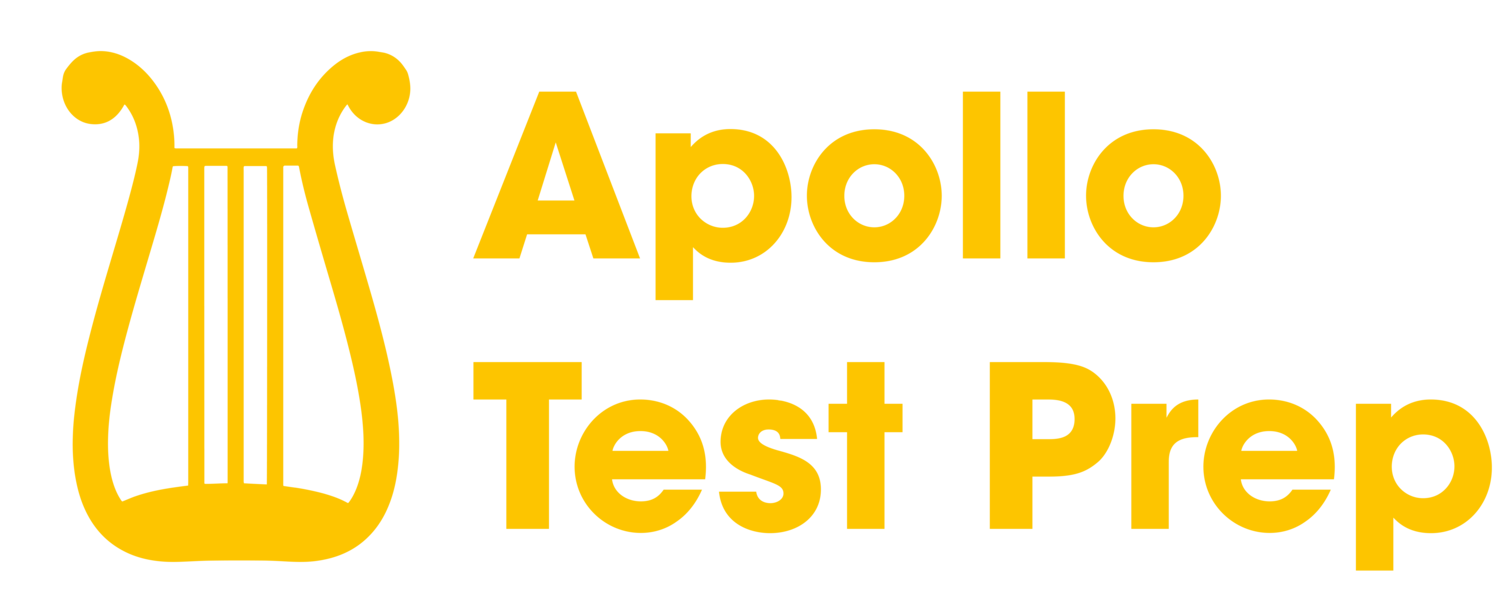LSAT Explanation PT 27, S4, Q3: A just government never restricts the
LSAT Question Stem
Which one of the following judgments most closely conforms to the principle cited above?
Logical Reasoning Question Type
This is a Principle (Misc) question.
Correct Answer
The correct answer to this question is A.
LSAT Question Complete Explanation
Let's break down the passage and the question before discussing the answer choices. The passage states that a just government never restricts the right of its citizens to act upon their desires except when their actions are a direct threat to the health or property of other citizens. In simpler terms, a just government allows its citizens to do what they want, unless it harms others' health or property.
The question type is a Principle (Misc) question, which asks us to find the judgment that most closely conforms to the principle mentioned in the passage.
Now, let's analyze each answer choice:
a) A just government would not ban the sale of sports cars, but it could prohibit unrestricted racing of them on public highways.
This answer choice aligns with the principle mentioned in the passage. A just government would not restrict the sale of sports cars because it is not a direct threat to the health or property of other citizens. However, it could prohibit unrestricted racing on public highways because it poses a direct threat to the health and property of other citizens. Therefore, this answer choice is correct.
b) An unjust government would abolish many public services if these services did not require compulsory labor.
This answer choice discusses an unjust government, not a just one, which is what the principle in the passage is concerned with. Therefore, this answer choice is not relevant to the principle mentioned in the passage.
c) A just government would provide emergency funds to survivors of unavoidable accidents but not to survivors of avoidable ones.
This answer choice does not address the issue of restricting citizens' rights to act upon their desires. Instead, it discusses providing emergency funds, which is not related to the principle in the passage.
d) A just government would not censor writings of Shakespeare, but it could censor magazines and movies that criticize the government.
This answer choice does not follow the principle in the passage. A just government would not restrict the right to criticize the government unless it poses a direct threat to the health or property of other citizens. This answer choice implies that a just government could censor criticism, which contradicts the principle.
e) An unjust government would incarcerate one of its citizens even though it had been several years since that citizen harmed someone.
Similar to answer choice (b), this answer choice discusses an unjust government, not a just one. Therefore, it is not relevant to the principle mentioned in the passage.
In conclusion, the correct answer is (a) because it most closely conforms to the principle mentioned in the passage.
